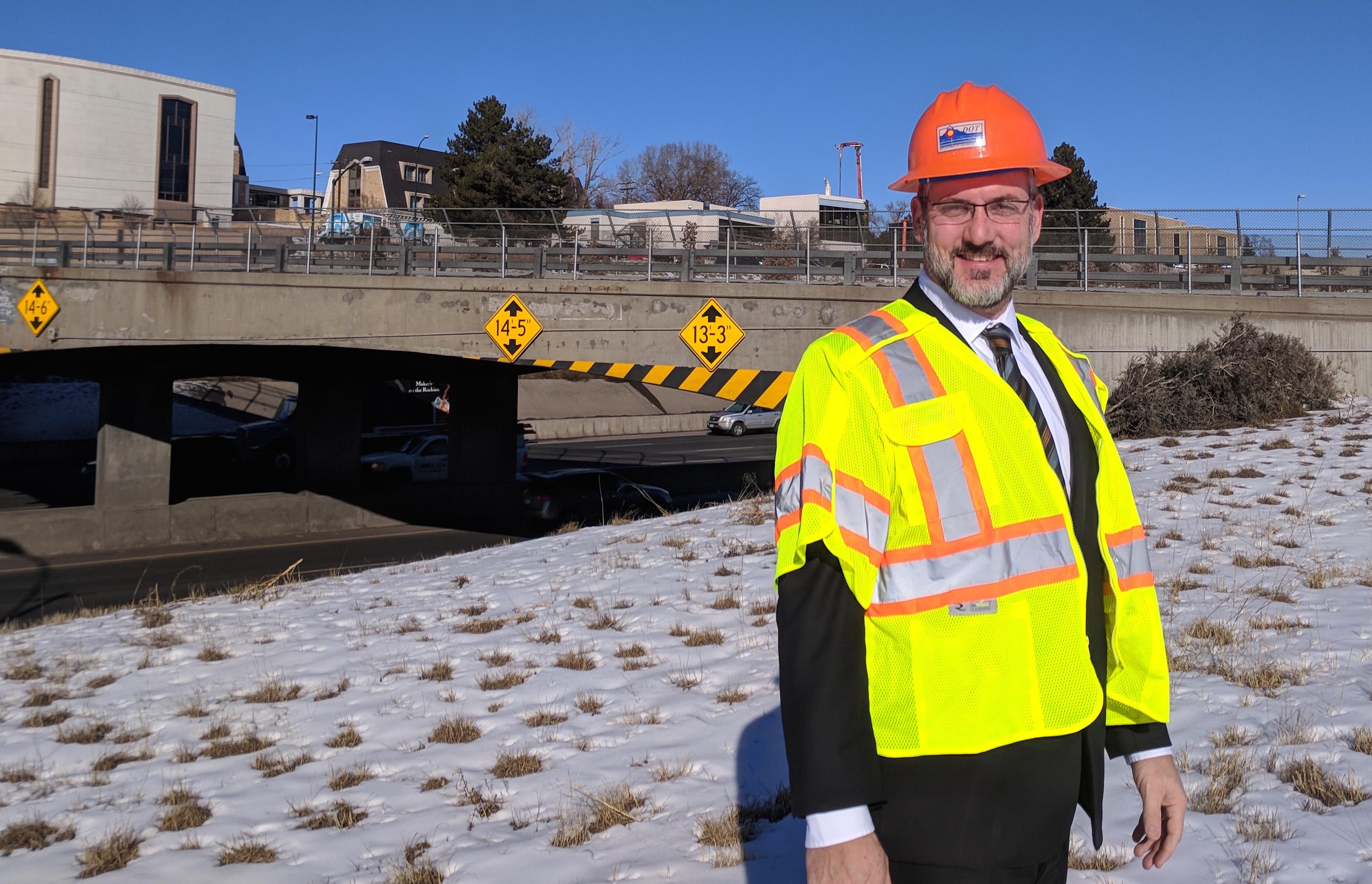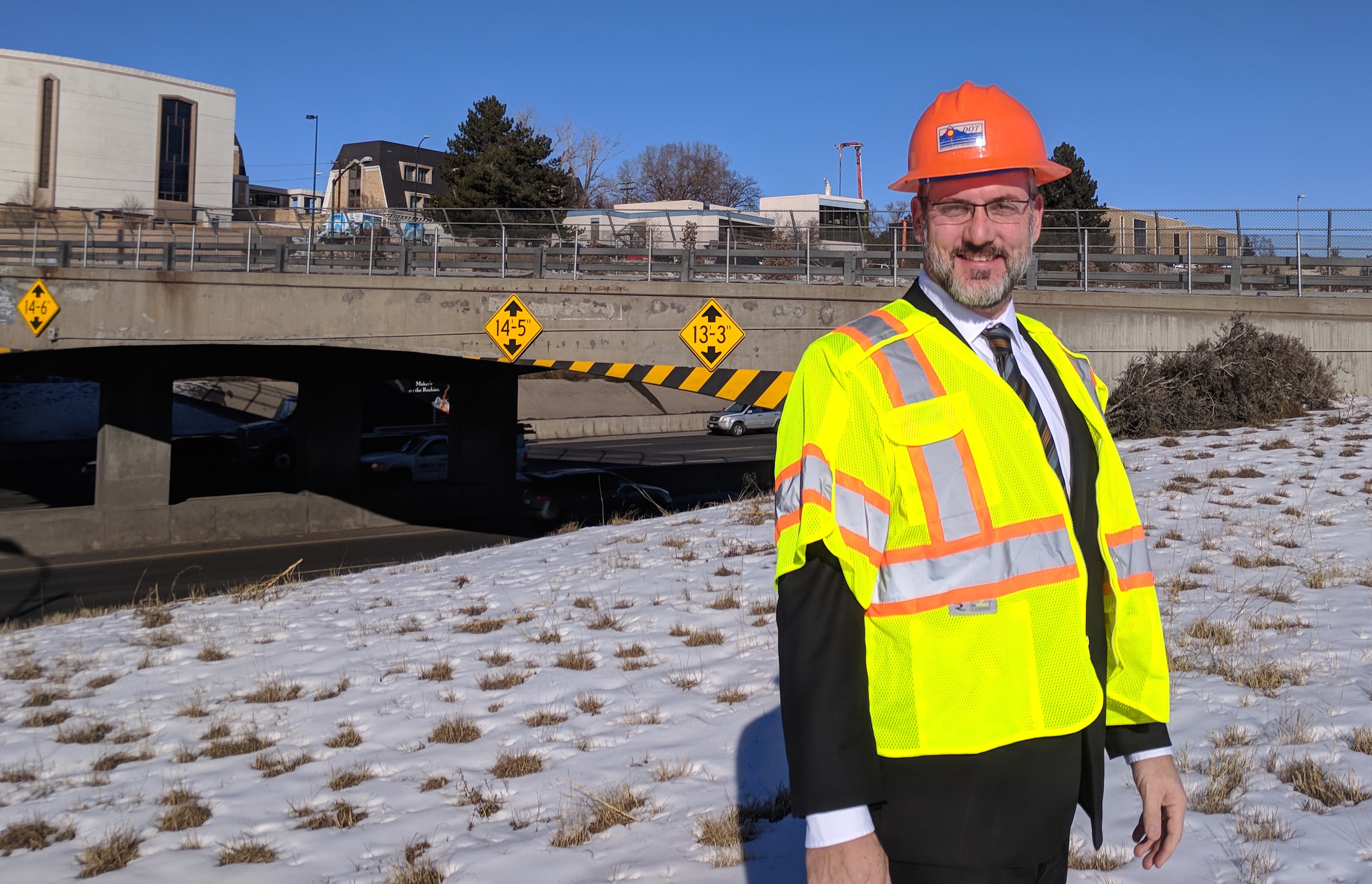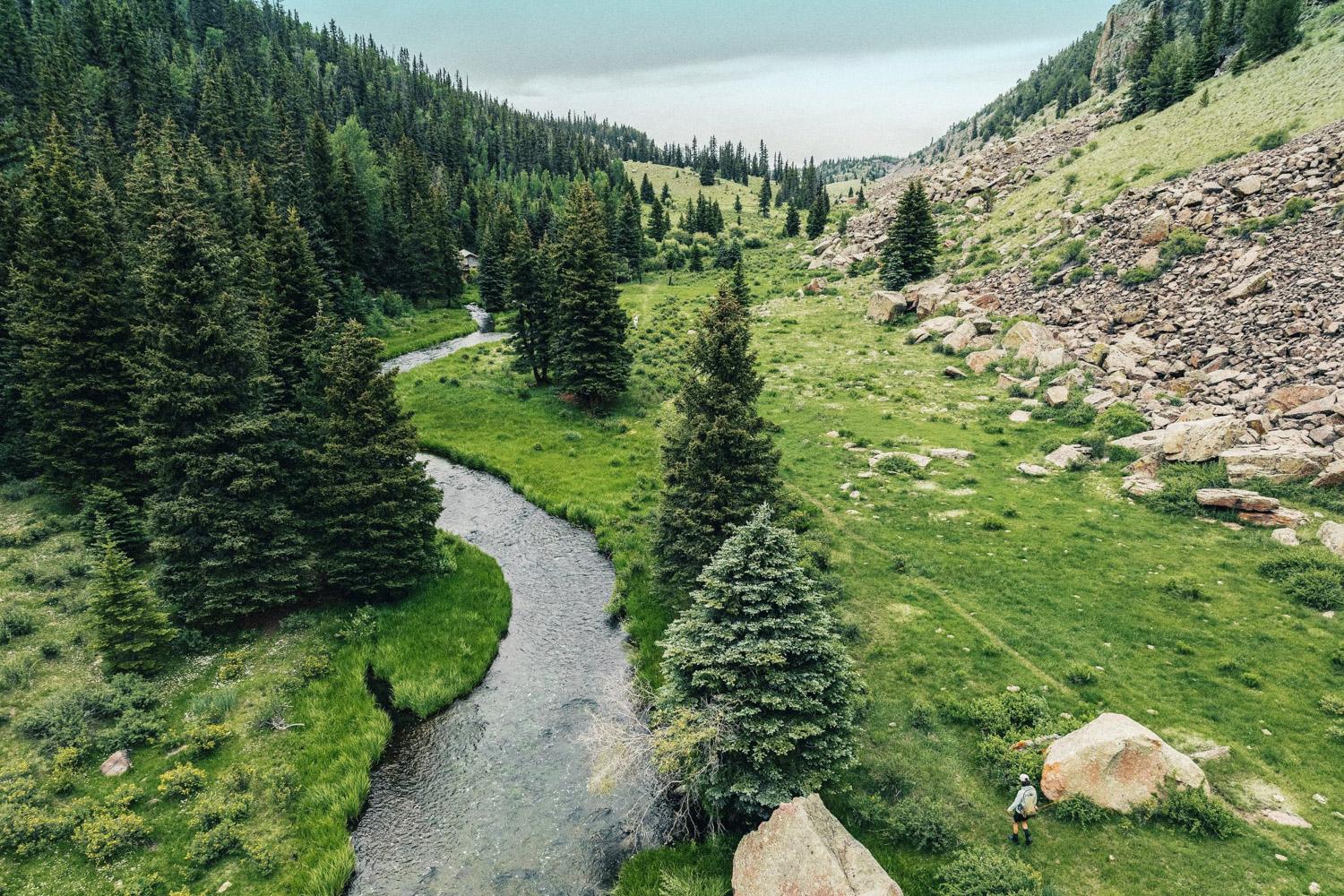

A familiar fight over transportation and infrastructure funding has driven its way back into the Colorado Capitol, where Senate Republicans are now at the wheel.
Their plan, Senate Bill 18-001, would ask voters this November to let the state issue $3.5 billion in bonds to fix and expand roads and bridges. Those bonds would be paid back over 20 years with 10 percent of the state sales tax, now worth about $300 million a year.
The approach has spurred a debate over which programs deserve state resources over the coming decades. Republicans say roads should be the priority since better infrastructure can help grow the economy. Democrats want to invest in roads as well, but they worry the Republican approach would come at the expense of other state programs.
“I don’t want to have to cut education in order to fix our roads,” said Sen. Rachel Zenzinger, a Democrat from Arvada. “This was kind of a half-baked partisan plan that doesn’t quite get us there.”
The Republican approach marks a shift for some in the GOP. Last year, many supported a failed bipartisan attempt to ask for a sales tax increase to pay for transportation bonds. Now, rather than grow the budgetary pie, Republican leaders would rather just serve a bigger slice to the Colorado Department of Transportation.
All sides agree that Colorado’s roads need some serious attention. Andy Karsian, the legislative liason for the Colorado Department of Transportation, recently offered tour of one of metro Denver’s commuter hellscapes: Interstate 270 on a Tuesday morning.
“The belly of the beast,” he calls it.
As Colorado’s population has boomed, roads like I-270 have been worn down and clogged up. The connector between I-70 and I-25 is bumper-to-bumper during rush hour. Narrow shoulders make it difficult to clear accidents. Even when the cars move, potholes wait to jostle morning coffee mugs and ruin suspensions.
“This is a 1950s solution for the amount of traffic we have today,” said Karsian. “It’s just not enough.”
A complete revamp of I-270 is on a list of CDOT’s priority projects for the next decade. Other projects include widening I-25 between south of Fort Collins and Castle Rock and adding a third lane to westbound I-70 between Idaho Springs and Empire. There are also rural projects, like new game fences and wildlife underpasses along CO-13 north of Craig.
CDOT needs about $9 billion to complete those projects. The department now struggles to maintain its current roads. Karsian says that to build new projects and capacity, CDOT simply needs new revenue.
As it happens, Colorado has some extra revenue of for grabs. Because of the federal tax overhaul and economic growth, state economists predict around $200 million could head into state coffers this fiscal year. Colorado could bring in an unanticipated $750 million next fiscal year, up about 7 percent from an earlier forecast.
Senate President Kevin Grantham, a Republican from Cañon City, believes the extra revenue makes it an easy call to spend more on transportation and infrastructure.
“This year we have a surplus,” he said. “We have the ability to take that money from the surplus money that isn’t allocated anywhere, and put it toward transportation.”
Gov. John Hickenlooper wants $148 million of the extra revenue for transportation, but wants the rest set aside in the state rainy day fund. Speaker Christina Duran, Colorado’s top Democratic lawmaker, will wait until the March revenue forecast to release a recommendation for the extra revenue.
Grantham said the windfall could cover the diversion of sales taxes toward transportation under the Republican proposal. He admits the surplus might not last forever. Having the new highway funding in law could mean that next time Colorado hits a recession, budgets for other departments have to be cut.
“Maybe down the road we have to make tough decisions,” he said. “But what have we been doing? We have been making the tough decisions at the expense of transportation.”
That reality made the public hearing for the Republican plan a showdown over the state budget. The Colorado Department of Corrections, Higher Education and Human Services each testified against the bill. CDOT stayed neutral.
State Sen. John Cooke, a Republican from Greeley and a bill sponsor, called it disconcerting that departments would fight new road funding.
“They say, hey, we want that money in our general fund. But let’s not give it to transportation. Let’s give it to us,” he said.
Business groups generally supported the GOP effort, calling it a good first step toward a much-needed investment in Colorado roads. Some added they would like an approach that could gather bipartisan support.
That included Denver Metro Chamber of Commerce. The leading business group has announced plans to put a tax on the ballot this November, modeled after the attempt lawmaker rejected last year. Hickenlooper has also made vague calls to ask voters for some kind of tax increase. He told CPR’s Colorado Matters he would like new revenue for infrastructure needs like broadband and transportation.
The bill passed the Senate Transportation Committee on Tuesday. It’s likely to clear the chamber, but without major changes, expect traffic in the Democrat-controlled House.









